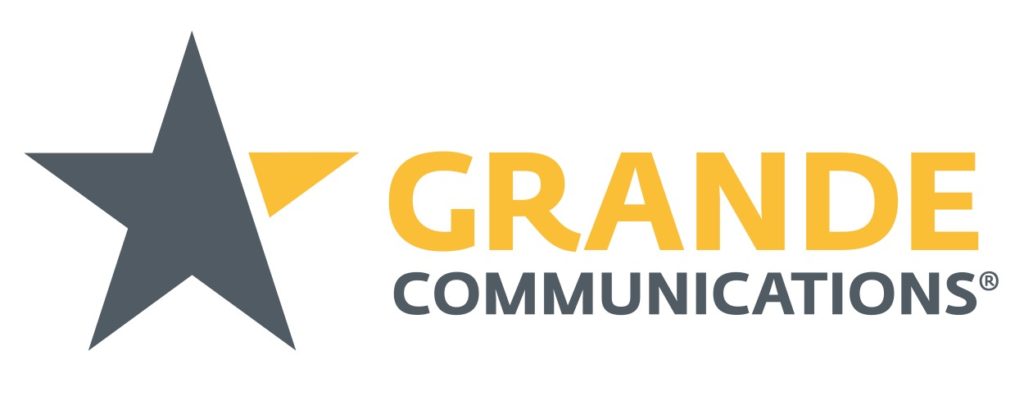This website uses cookies so that we can provide you with the best user experience possible. Cookie information is stored in your browser and performs functions such as recognising you when you return to our website and helping our team to understand which sections of the website you find most interesting and useful.
Business News Legal
Labels and Grande bicker of what evidence should be aired before the jury as the next big ISP copyright case approaches
By Chris Cooke | Published on Wednesday 19 February 2020

One of the big labels v ISP legal battles is heading to court, and both sides are currently seeking to have certain bits of evidence excluded from the courtroom.
In recent years, of course, the US record companies have sued various American internet service providers seeking to have the ISPs held liable for their users’ copyright infringement.
It’s based on the argument that said ISPs should not enjoy safe harbour protection under US copyright law because they have deliberately slack policies for dealing with infringement and repeat infringers on their networks.
It was BMG who first successfully pursued that line of argument in court via its lawsuit against Cox Communications. The majors then similarly prevailed in their legal battle with Cox, getting that controversial billion dollar win late last year. The next big case of this kind involves the ISP Grande Communications.
In pre-trial legal filings, Grande wants to ensure that it can put the spotlight in court on the finances and operations of anti-piracy agency Rightscorp. The labels case is based on Grande not effectively responding to copyright notices it received from Rightscorp. But the ISP wants to question the legitimacy of those notices and the company that sent them. The labels, for their part, say such criticism of Rightscorp is irrelevant and shouldn’t be expressed before the jury.
On the other side, the labels think that the jury should be told about Grande’s policies regarding disconnecting customers when they fail to pay the ISP’s fees. Grande reckons those policies are not relevant to the copyright dispute. But the labels argue that the ISP insists that disconnecting users on copyright grounds would be a “drastic measure”, because of the importance of internet access to its users. But, say the labels, given the ISP is happy to disconnect customers for non-payment of fees, it can’t be that drastic a measure.
It remains to be seen how the judge rules on these various pre-trial requests. Once the case is in court the industry will be watching closely to see if the precedent set in the two Cox cases can be applied to a rival internet firm.





